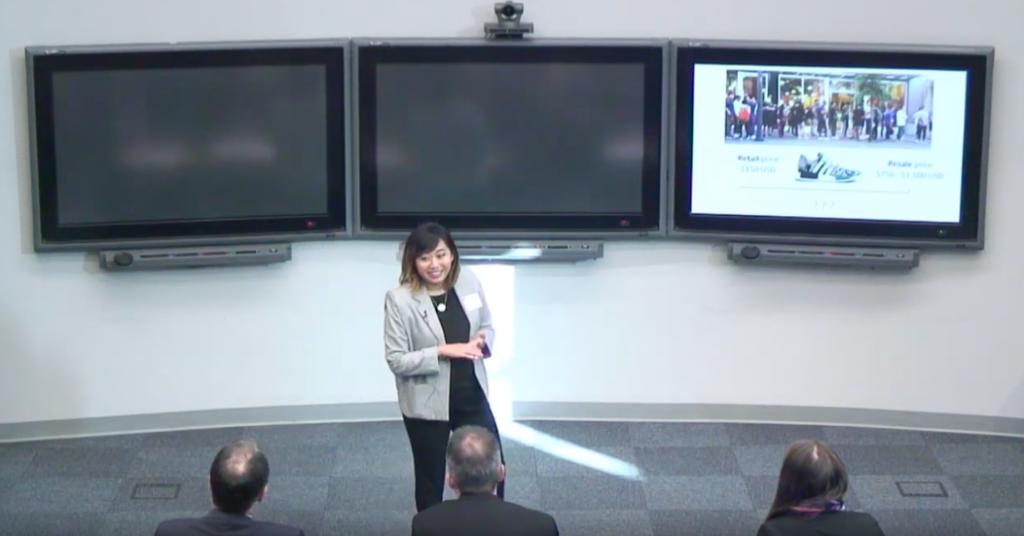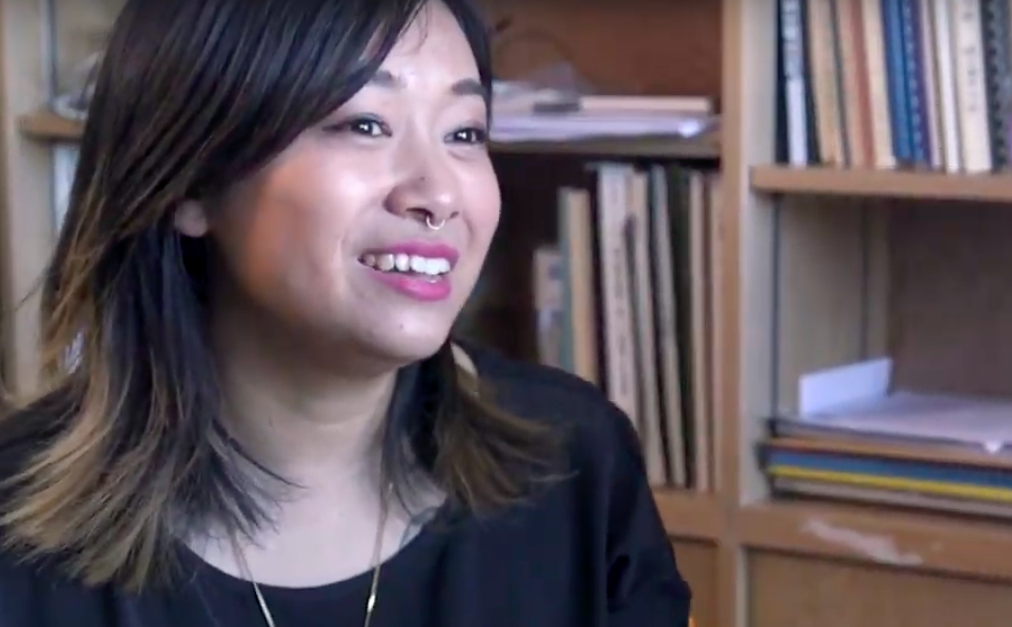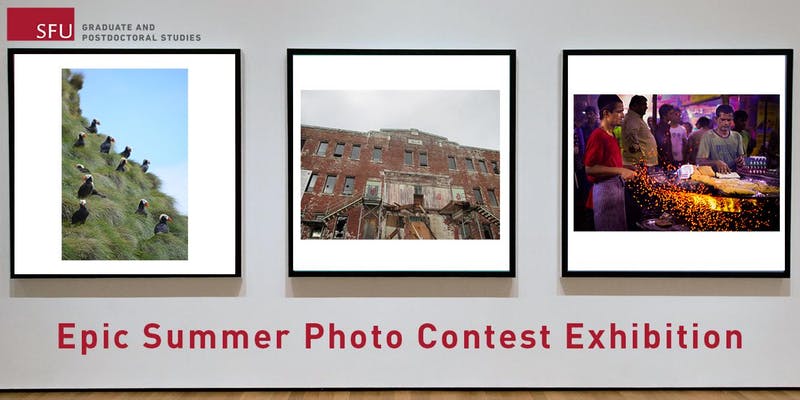
How can scholars communicate their work in more accessible, engaging ways? Where should they publish and promote their findings? What does “research communication” actually mean?
On Tuesday, January 15, ScholCommLab researcher Michelle La will explore these questions and more in a short talk at SFU’s Graduate and Postdoctoral Student Photo Reception. Featuring top photography by graduate students and postdoctoral fellows from across the university, this interdisciplinary event is the culmination of three “epic” summer photo contests: Show Us Your Research, Decolonizing the Academy, and Show Us Your Home. La’s presentation will focus on the first of the three themes, highlighting the importance of using diverse research communication strategies—from photography to soundscapes and everything in between.
In anticipation of the event, we sat down with La and talked research tips, communication challenges, imposter syndrome, and more.
What does research communication mean to you?
Research communication means trying to reach different audiences. No matter what form it takes, for me, the most important thing in research communication is to de-jargonize your work and make it accessible for a wider audience. Because research often is just shared right to our own peers, within or our own circles. Research communication is about trying to go beyond your immediate audience.
Do you think the academic community is changing its approach to research communication?
Things like SFU’s 3MT competition are evidence of an ongoing push to make research more accessible. You’re given three minutes and you have to talk about your thesis research within that time frame to a general audience who doesn’t know anything about it, and you have to convey why it’s important.
I think that these competitions are part of a larger movement of academics who are being self critical—asking questions like, Who are we writing to? Who is this research for? So too are initiatives like open access or open pedagogy or open scholarship. We’re trying to train our students to speak to a greater audience.

What do you see as one of the biggest barriers preventing researchers from making their research more accessible?
I think we have to have confidence in ourselves—confidence that our research is important. We’re told all the time that we’re never enough as grad students, that we never know enough. We have to let go of this idea of the imposter syndrome.
“We have to have confidence in ourselves—confidence that our research is important….We have to let go of this idea of the imposter syndrome.”
I think that, a lot of the time, people are shy—especially if they’re in a discipline that uses very esoteric terminology, like molecular biology. But if you can learn how to frame your research in a way that helps others see the bigger picture of why your research is important, I think you can get over that barrier.
It’s also a question of putting yourself out there. A lot of academics don’t want to put their work out into the public unless they know it’s really good. And I think that we have to get over that mindset and just take risks. I think that’s the biggest thing: to not be afraid to pitch your ideas.
How have your own experiences presenting your graduate research informed your approach to communication?
I haven’t engaged in that many diverse forms of research communication, but I would say that since I did the 3MT, I feel confident that I can do this, and I can apply that skill to different types of mediums.
I want people to know that this really is a skill. It’s not an innate talent that some people have and others don’t. Research communication is just practice, opening yourself up to different venues, and advocating for yourself. We need to learn to self-promote! This is the reality that we live in.

What are you planning to focus on in your talk ?
For me, I want to talk about how beneficial practicing research communication is for the researcher. It helps you hone in on what’s really important, what the bigger picture is, what your research focus is, and I think it makes you more confident and eloquent.
I also think it’s something we should do for ourselves, because we work so hard on our graduate research. We spend so many hours, so many months. We owe it to ourselves to share what we’re doing. If you communicate research in an effective manner, you may learn that the audience who appreciates it is a lot broader than you think.
Any final thoughts?
Open access! That’s one last thing I’m going to talk about. We need to think about sharing the results of our research not just through the formal journal, but also in other areas. That’s another part of research communication, the platforms we choose to share our research on.
If we want knowledge to be accessible, then we have to walk the walk. We can’t just talk the talk.
Reserve your spot for this FREE event at eventbrite.ca.
